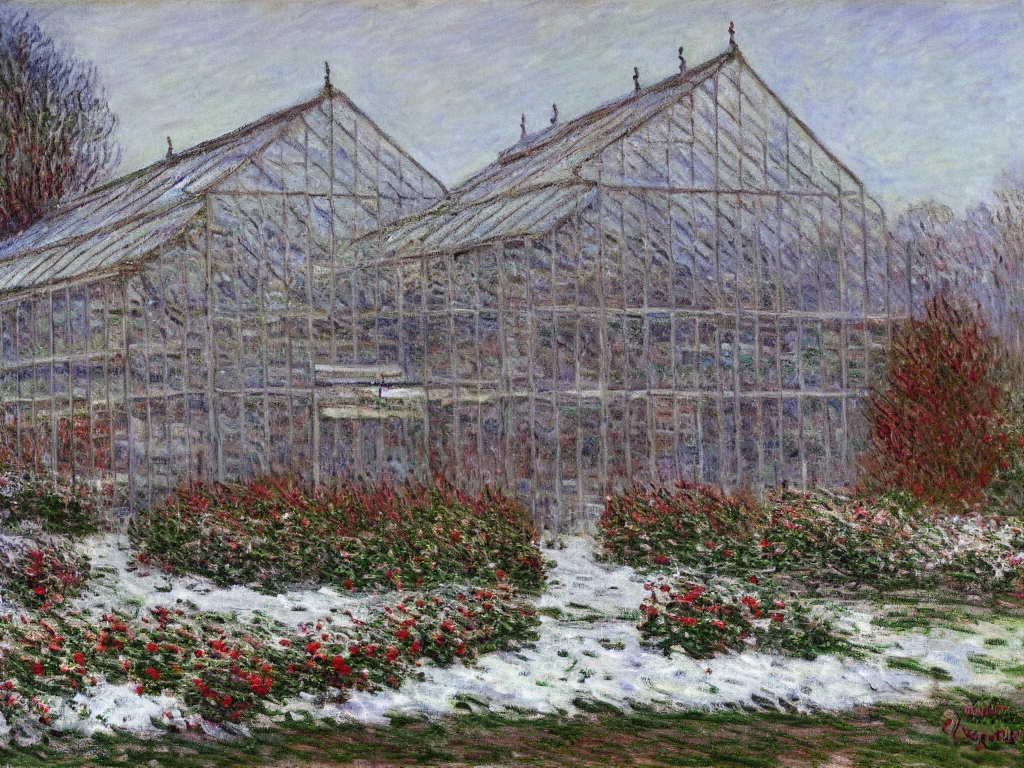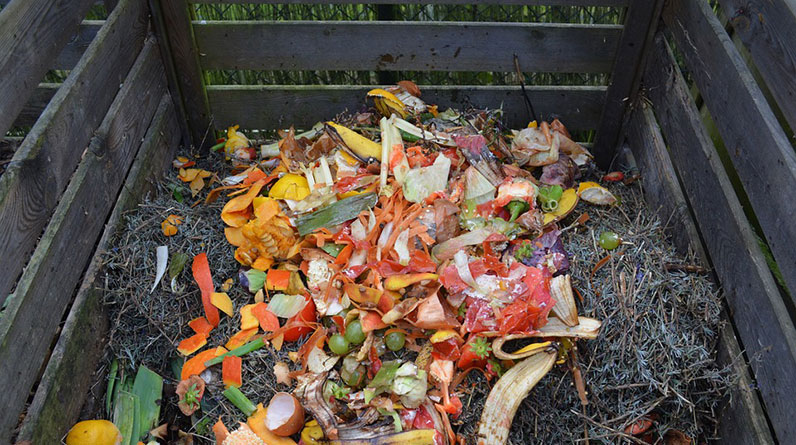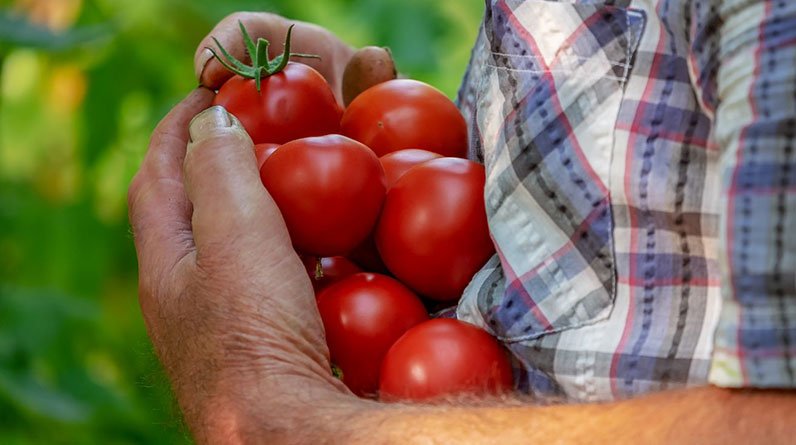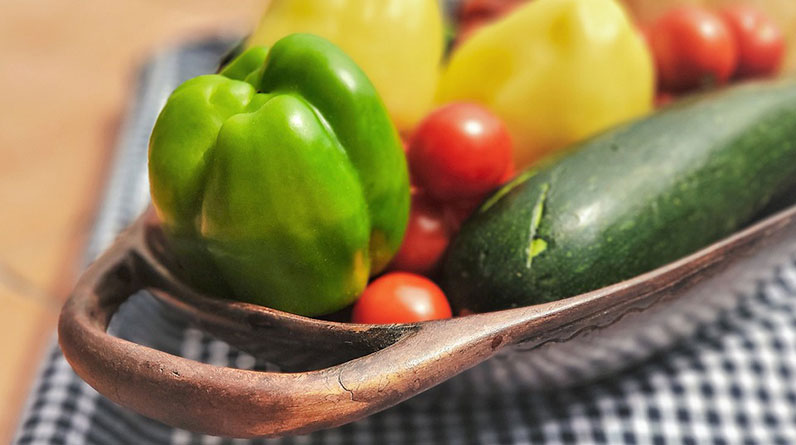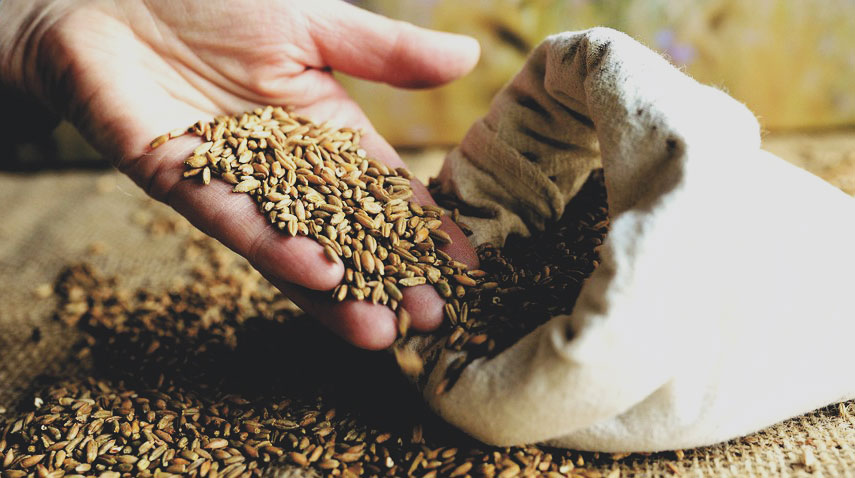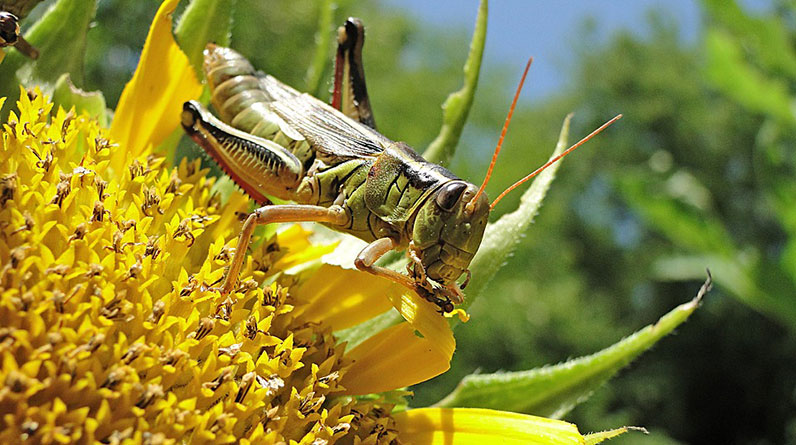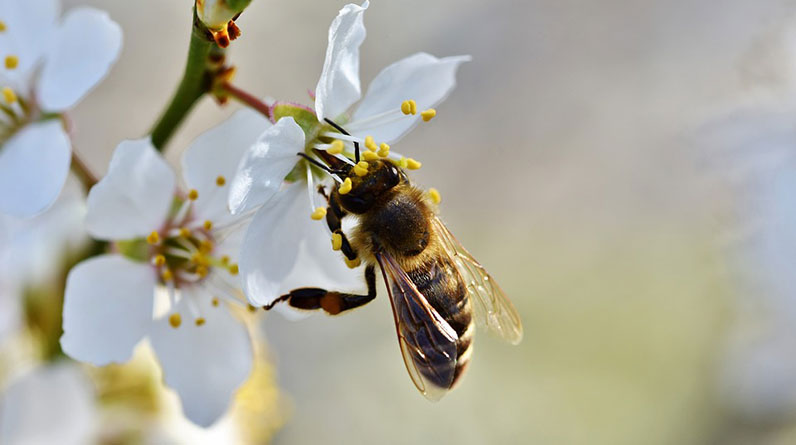Organic gardening is a great way to produce healthy, flavorful produce while also minimizing your impact on the environment. However, gardening during the cold months can present some unique challenges. In this article, we’ll provide some tips for organic gardening during the winter months, so you can keep your garden thriving even when the temperatures drop.
1. Start with the Right Soil
The right soil is the foundation of any successful organic garden, and this is especially true during the cold months. A good soil mix for winter gardening should be well-draining and moisture-retentive, with plenty of organic matter. This will help ensure that your plants have the nutrients they need to thrive, while also allowing excess water to drain away.
2. Use Season-Appropriate Plants
When gardening during the winter months, it’s important to choose plants that are well-suited to the season. Some cold-tolerant plants that are great for winter gardening include kale, collards, spinach, and other leafy greens. Root vegetables like carrots and turnips can also do well in the winter months, as can some herbs like parsley and cilantro.
3. Use Protective Coverings
During the winter months, it’s important to protect your plants from the elements. One effective way to do this is to use protective coverings like frost blankets, cloths, or tarps. These coverings can help retain heat and protect your plants from frost and cold winds, which can be especially damaging. And of course a greenhouse can be very usable during winter months.
4. Add Organic Matter
Adding organic matter to your garden soil can help improve its nutrient content, moisture retention, and structure. Some good options for organic matter in the winter months include leaves, straw, and compost. These materials can help protect the soil from freezing, retain moisture, and provide a source of nutrients for your plants.
5. Use Raised Beds
Raised beds can be a great option for winter gardening, as they can help improve drainage and provide a warmer growing environment for your plants. When building raised beds for winter gardening, it’s important to use well-draining soil and to position the beds in a location that gets plenty of sun.
6. Use Cold Frames
Cold frames are another great option for winter gardening. These structures are essentially miniature greenhouses that can be used to protect your plants from the elements and extend your growing season. They can be made from a variety of materials, including wood, PVC piping, and recycled materials like old windows.
Conclusion
In conclusion, organic gardening during the winter months can be challenging, but it’s also a great way to extend your growing season and produce healthy, flavorful produce all year round. By starting with the right soil, using season-appropriate plants, using protective coverings, adding organic matter, using raised beds, and using cold frames, you can help ensure that your winter garden thrives even in the coldest months of the year. With a little bit of preparation and care, you can enjoy the benefits of organic gardening all year round.
